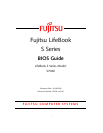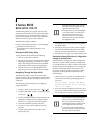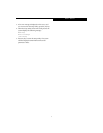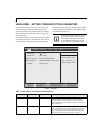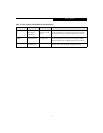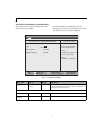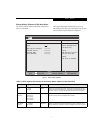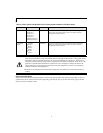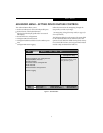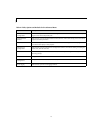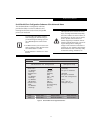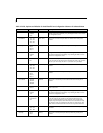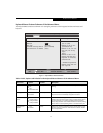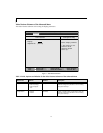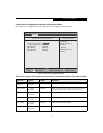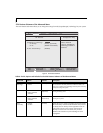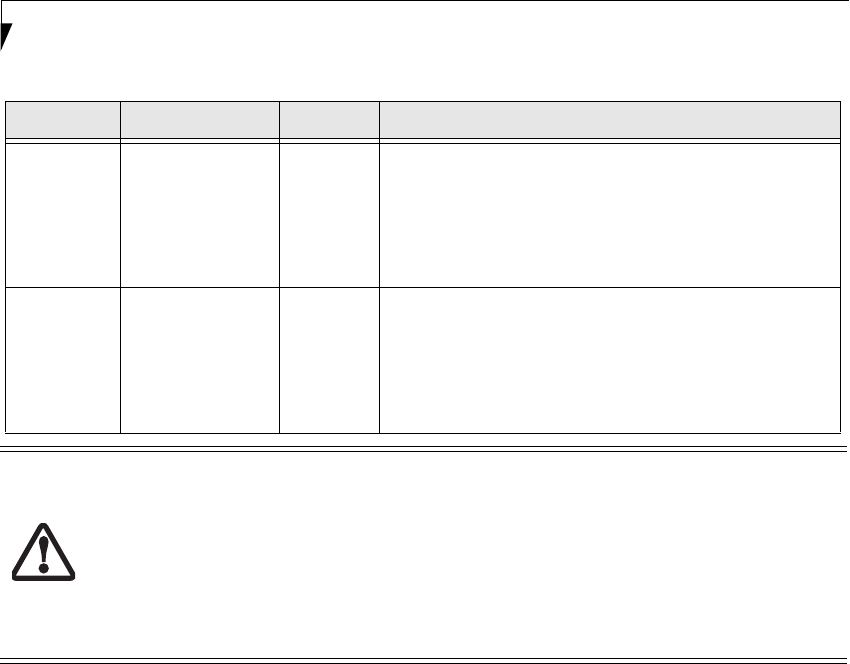
8
LifeBook S Series Notebook BIOS
Exiting from Main Menu
When you have finished setting the parameters on this menu, you can either exit from the setup utility, or move to
another menu. If you wish to exit from the setup utility, press the [Esc] key or use the cursor keys to go to the Exit
menu or to move to another menu.
Transfer Mode:
■
Standard
■
Fast PIO 1
■
Fast PIO 2
■
Fast PIO 3
■
Fast PIO 4
■
Multiword DMA 1
■
Multiword DMA 2
[Standard] Selects the method for moving data to/from the drive. Autotype the
drive to select the optimum transfer mode. This option cannot be
changed when Auto is selected.
Ultra DMA
Mode:
■
Disabled
■
Mode 0
■
Mode 1
■
Mode 2
■
Mode 3
■
Mode 4
■
Mode 5
[Disabled] Selects the method for moving data to/from the drive. Autotype the
drive to select the optimum transfer mode. This option cannot be
changed when Auto is selected.
■
A bootable CD-ROM may have either a floppy disk or hard drive format. When the bootable CD-ROM is
used, the drive allocations change automatically without changing the BIOS setup. If a floppy disk format
CD-ROM is used, the CD-ROM becomes Drive A. The CD-ROM will only take drive C: (hard drive for-
mat) if the internal hard drive is not present or is disabled. The bootable CD-ROM can never use a C: des-
ignation if a formatted internal hard drive is present since the C: designator is always reserved for the
internal hard drive. The boot sequence ignores the new drive designations, however, your application
software will use the new designations.
■
Be aware of the operating environment when booting from a CD-ROM or you may overwrite files by
mistake.
Table 3: Fields, Options and Defaults for the Primary Master Submenu of the Main Menu
Menu Field Options Default Description



